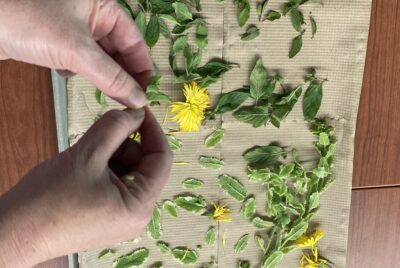RESEARCH
Therapeutic Nature Activities: A Step Toward the Labor Market for Traumatized Refugees
Summary
This qualitative study explored the impact of therapeutic nature activities on refugees in Denmark, aiming to facilitate their integration into the labor market. The program involved activities such as gardening and animal care, designed to improve participants’ well-being and vocational skills. Data were collected through interviews at baseline, after 15 weeks, after 30 weeks, and six months post-intervention, focusing on their experiences, achieved competencies, and future prospects.
The results highlighted the importance of these activities in fostering personal growth, increasing vocational skills, and building trust. Participants reported that the activities helped them access positive memories, cope with trauma, and develop a sense of purpose. The study identified key themes such as overcoming hopelessness, reclaiming human value, and using horticultural activities as a tool for growth. It concluded that feeling safe, experiencing positive relationships, engaging in meaningful activities, and acquiring new skills are vital steps toward employment and education for traumatized refugees, though issues like loss of identity and acculturative stress need to be addressed.







